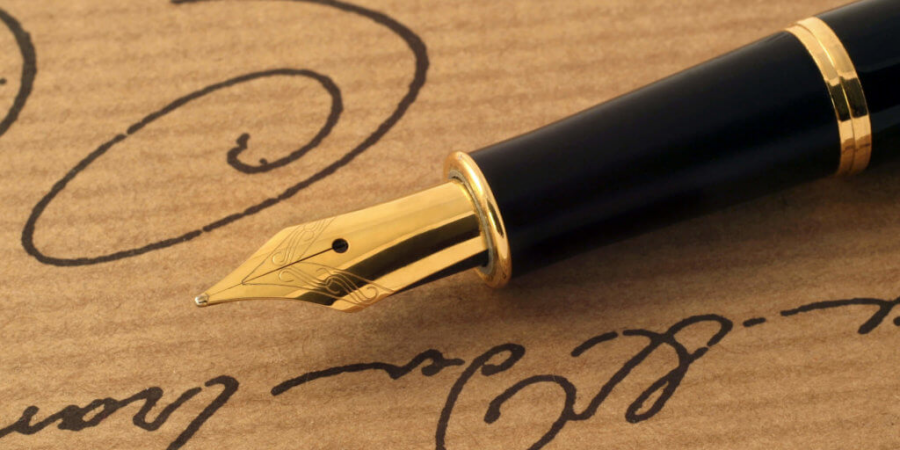

The Ink of Inspiration
Introduction
Writing instruments have played a crucial role in human civilization, evolving from simple tools to sophisticated devices that have shaped communication, record-keeping, and artistic expression. This history explores the development of writing instruments from ancient times to the modern era, highlighting key innovations and their impact on society.
Ancient Beginnings
Reed Pens and Papyrus
Origins: The earliest writing instruments date back to ancient Egypt around 3000 BCE. Egyptians used reed pens made from the hollow stems of marsh grasses.
Materials: These pens were dipped in ink made from soot or other organic materials, and they wrote on papyrus, an early form of paper made from the papyrus plant.
Quills and Parchment
Development: Around the 6th century CE, quills made from bird feathers became popular in Europe. Quills offered more precision and durability than reed pens.
Writing Surfaces: Parchment and vellum, made from animal skins, replaced papyrus as the preferred writing materials.
The Middle Ages and Renaissance
The Rise of the Dip Pen
Innovation: By the late Middle Ages, metal nibs began to replace quills. These dip pens used metal tips that could be dipped in ink, offering greater longevity and a finer point.
Impact: This period saw increased production of manuscripts and the spread of written knowledge.
The Printing Revolution
Gutenberg’s Press: The invention of the movable type printing press by Johannes Gutenberg in the 15th century revolutionized the production of written materials. This period did not directly impact pen development but increased literacy and the demand for writing instruments.
The Modern Era
The Fountain Pen
Invention: The fountain pen, with its internal ink reservoir, was invented in the early 19th century. Lewis Waterman patented a practical version in 1884.
Advantages: Fountain pens allowed for continuous writing without the need for constant dipping, improving convenience and efficiency.
The Ballpoint Pen
Breakthrough: In 1938, László Bíró, a Hungarian-Argentinian journalist, invented the ballpoint pen. This pen used a tiny ball bearing in the tip to dispense ink smoothly and reliably.
Adoption: Ballpoint pens quickly became popular due to their reliability, low cost, and ability to write on various surfaces.
The Rollerball and Gel Pens
Evolution: Rollerball pens, introduced in the 1960s, used water-based liquid ink for a smoother writing experience. Gel pens, emerging in the 1980s, offered vibrant colors and a similar smoothness.
Variety: These innovations expanded the range of writing instruments available, catering to different preferences and uses.
The Digital Age
Smart Pens
Technology: The late 20th and early 21st centuries saw the development of smart pens, which combine traditional writing with digital capabilities. These pens can capture handwritten notes and convert them into digital text.
Impact: Smart pens bridge the gap between analog and digital worlds, offering new ways to capture and share information.
Conclusion
The history of writing instruments is a testament to human ingenuity and the enduring importance of written communication. From ancient reed pens to modern smart pens, each innovation has built upon previous advancements, enhancing our ability to record and share knowledge. As technology continues to evolve, writing instruments will likely undergo further transformations, continuing their essential role in human society.
